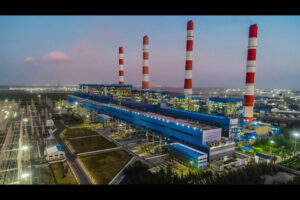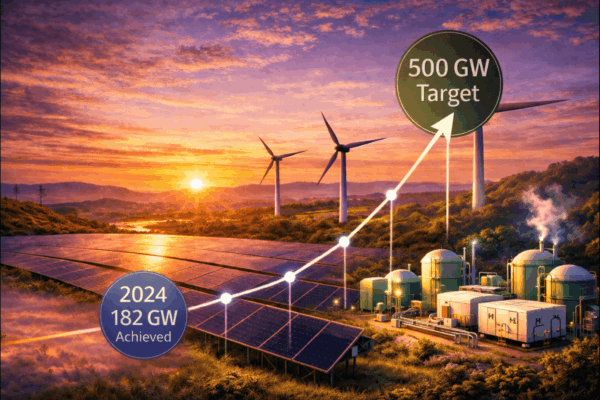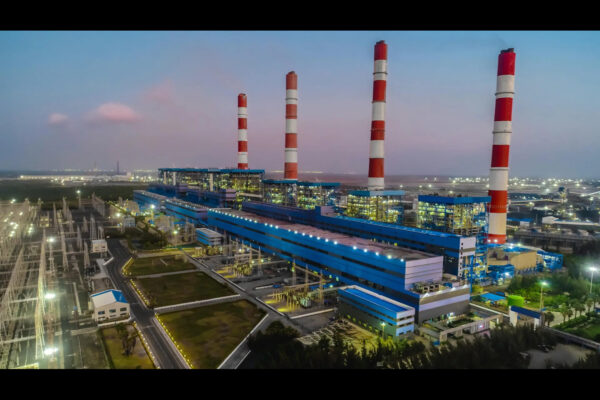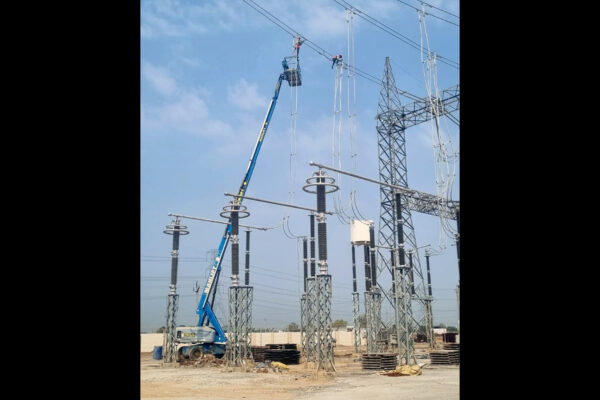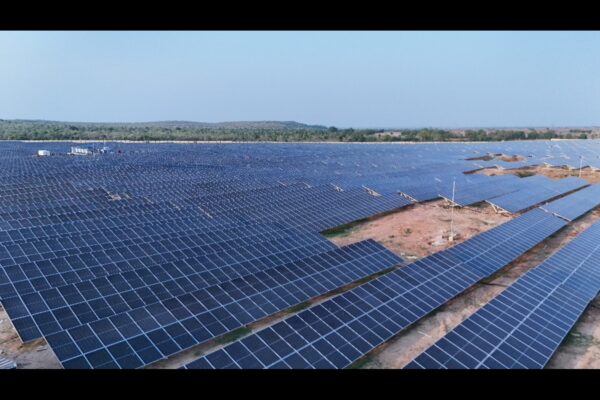Hydrogen fuel projects: Combating the climate crisis
by A K Tyagi, CMD, Nuberg Engineering
Globally Hydrogen fuel is being explored as a potential solution to combat the climate crisis due to its numerous advantages. Hydrogen is a clean-burning fuel that, when used in fuel cells, emits only water vapor as a byproduct. It can be produced from a variety of sources including renewable sources like wind and solar power, and can be stored and transported using much of existing petrochemical infrastructure.
Hydrogen fuel projects in addition to producing gas are also focused on developing innovative technologies for the storage and transportation of Hydrogen. Hydrogen is a highly flammable gas and requires specialized infrastructure for safe handling and storage. There are several methods for storing hydrogen, including compressed gas, liquid hydrogen, and hydrogen solid-state storage.
Hydrogen fuel can help combat the climate crisis in several ways. Firstly, it is a clean and sustainable energy source that produces no greenhouse gas emissions when used as a fuel. This means that it can help to reduce the amount of carbon dioxide and other harmful pollutants that are released into the atmosphere.
Secondly, hydrogen fuel can help to reduce our dependence on fossil fuels such as coal, oil, and natural gas. Fossil fuels are a major contributor to greenhouse gas emissions and are a finite resource that will eventually run out. On the other hand, Hydrogen can be produced from renewable sources such as wind and solar power, making it a sustainable and long-term energy solution.
Finally, hydrogen fuel can be used in a wide range of applications, including transportation, power generation, and industry. This means that it has the potential to replace fossil fuels in many different sectors and reduce the overall carbon footprint of the economy.
IOCL has setup India’s first commercial-scale hydrogen compressor storage and hydrogen fueling station in Vadodara, Gujarat. Nuberg EPC delivered the engineering, procurement & construction services along with providing quality compressors, storage, and dispensers for efficient hydrogen storage at high pressure and extremely low temperatures for this initiative.
As captive industrial power Hydrogen can be used in fuel cells to generate electricity, providing a clean, reliable source of power. Hydrogen can also be used as a storage medium for excess renewable energy, allowing it to be used when demand is high.
In addition, it can also be used in industrial processes. For example, fuel cells can be used to generate electricity for buildings or to power factories. Hydrogen can also be used as a feedstock to produce chemicals, such as ammonia and methanol, which are used in a variety of industrial processes.
We ourselves at Nuberg EPC are offering customized solutions for hydrogen production, such as steam methane reforming, electrolysis, and other advanced methods. The experience in designing and constructing hydrogen production plants, including the installation of various equipment such as compressors, turbines, and storage tanks, is much in demand.
Several countries have already started investing in hydrogen fuel projects, including Japan, South Korea, Germany, and Australia to reduce their carbon emissions and meet their climate goals. For example, Japan has set a goal of becoming a "hydrogen society" by 2050, while the European Union has announced plans to build a "hydrogen economy" by 2050. The European Commission has set a target to install at least 40 GW of renewable hydrogen electrolyzers by 2030, which could lead to the creation of up to one million jobs.
India has set a target of reducing its greenhouse gas emissions by 33-35% below 2005 levels by 2030. Hydrogen fuel can play a crucial role in achieving this goal. India has made a commitment to combat climate change by reducing its greenhouse gas emissions and promoting the use of clean energy sources. In line with this commitment, India has recently announced a National Hydrogen Mission, which aims to promote the use of hydrogen as a fuel in various sectors such as transport, power, and industry. Innovative pilots of Hydrogen in India include running of buses and running telecom towers on Hydrogen based generators.
In the United States, the Department of Energy is also investing in hydrogen fuel projects as part of its efforts to reduce greenhouse gas emissions. The DOE has announced a goal to reduce the cost of hydrogen production to $1 per kilogram by 2030, which could make hydrogen fuel a more viable alternative to fossil fuels.
These projects include:
- Fuel cell vehicles: Automakers such as Toyota, Hyundai, and Honda have developed hydrogen fuel cell vehicles that emit only water vapor as exhaust. These vehicles are already on the market in some countries, and more are expected to be introduced in the coming years.
- Power generation: Hydrogen can be used to generate electricity in fuel cells, which are highly efficient and emit only water vapor as exhaust. This technology has the potential to replace fossil fuel-fired power plants and provide reliable and clean energy.
- Green hydrogen production: This involves using renewable energy sources like wind and solar power to produce hydrogen via electrolysis. The hydrogen produced can then be used to power fuel cell vehicles or for other applications.
- Industrial applications: Hydrogen is already used in several industrial applications, such as steel production, and can be produced using renewable energy sources to reduce emissions from these processes. They can be used to generate electricity in fuel cells. This technology is being explored as a potential alternative to fossil fuels for power generation.
- Hydrogen storage and transportation: The development of hydrogen storage and transportation infrastructure is crucial for the widespread adoption of hydrogen fuel. Projects are underway to develop pipelines and other infrastructure to transport hydrogen from production facilities to end-users. One of the challenges of using hydrogen as a fuel is its low energy density, which requires it to be stored at high pressure or in liquid form. There are many projects underway to develop new storage technologies, such as solid-state hydrogen storage and hydrogen carriers.
Hydrogen fuel projects can also have significant economic benefits, as they can create new industries and jobs.
As research and development in this field continues, it is likely that hydrogen fuel will become an increasingly important part of the global energy mix in the coming years. Not just green and blue Hydrogen but even turquoise hydrogen, that is a relatively new type of hydrogen that is produced using natural gas, but with carbon capture and storage (CCS) technology. This makes it less carbon-intensive than grey hydrogen, but still not as low-carbon as blue or green hydrogen.
We, at Nuberg EPC, are involved in the design, engineering, and construction of hydrogen production plants, including both electrolysis-based and steam methane reforming-based technologies. These hydrogen generation plants are designed to be highly efficient, with minimal waste and emissions. The company also provides support for the transportation and storage of hydrogen, including the development of hydrogen refueling stations.




